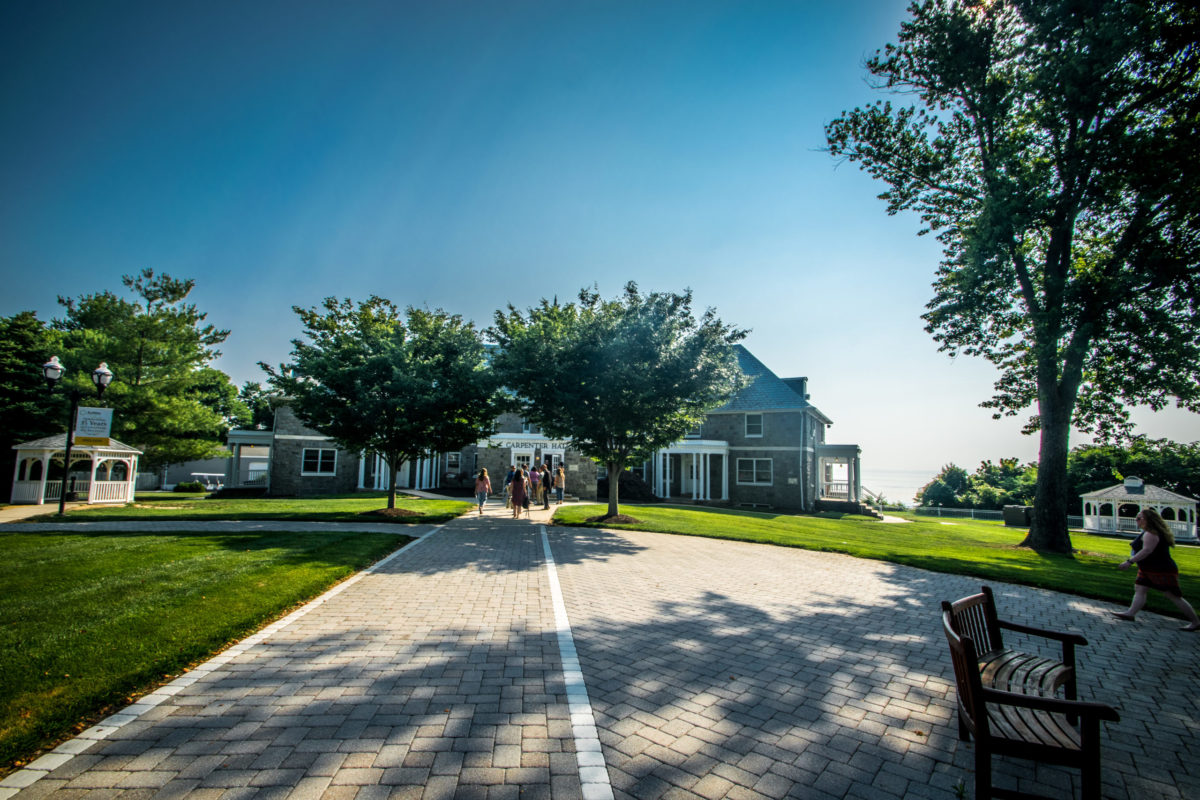With social distancing bringing a shift to remote options that keep essential functions running, telehealth stands out for gaining wide adoption in a short period of time. This was brought into view in Maryland when, even after the Maryland General Assembly adjourned and other bills sat on his desk, Gov. Larry Hogan signed two new laws and enacted an executive order to open up access to telehealth during the pandemic.
Along with virtual visits for physical health, these measures also opened up online movement for mental health. In a state that ranks among the top five for opioid-related deaths, it is allowing substance use disorder treatment providers like Ashley Addiction Treatment to offer services via telehealth that the team couldn’t before.
Ashley’s offerings include a 138-capacity residential campus in Havre de Grace, where some services have moved to virtual, as well as outpatient treatment locations in Bel Air and in Elkton that serve a combined 400 patients.
“We transitioned from being 100% live to about 90% telehealth in the first three weeks from state of emergency,” said Jenn Aguglia, VP of outpatient services. “We are now offering partial hospital intensive outpatient and outpatient groups as well as individual therapy sessions associated with levels of care through telehealth.”
In the parlance of the pandemic, opioid treatment programs are considered essential and remain open. However, they are also seeking to limit potential exposure to the virus, so telehealth allows more services to be performed remotely. It’s also prescribing buprenorphine virtually, and legislation opened up specific provisions around reimbursement that allowed Ashley to keep staff on, and offer services via telephone.
Now that they’re able to offer treatment to patients in their home setting, they can help to address the isolation that is a big concern when it comes to sobriety. And with the economic downturn, unemployment or uncertainty can potentially mean additional stress.
“The world is having increasing stress and we need to keep things as normal as possible,” said Aguglia. “Being able to have group [therapy] every day, every week, every time and logging on and seeing your counselor is so vital to have that touch of normalcy.”
With each different kind of care, the overall goal was to remain engaged with patients. It is also connecting with folks who are in recovery, considered alumni, for 12-step programs.
Offering online options were in the future plans for Ashley, but those came quickly with the pandemic.
“We decided to stand it up in what felt like overnight to meet the need,” said Alex Denstman, who is senior VP and chief growth officer at Ashley. Now that it’s online, the systems, including case management, are being put in place that can help for the long-term.
Using Zoom, Aguglia said it has been important to connect with patients ahead of time so they’re familiar with how the platform will be used for the sessions. They’re also using the breakout rooms and other features provided by the platform. Alongside staff, Aguglia said it’s important to have that prep “so that it does become something that is comfortable and you can regain a little bit of the personality and warmth that you were looking for” during any meeting.
Join the conversation!
Find news, events, jobs and people who share your interests on Technical.ly's open community Slack

Baltimore daily roundup: Mayoral candidates talk tech and biz; a guide to greentech vocabulary; a Dutch delegation's visit

Baltimore daily roundup: Medtech made in Baltimore; Sen. Sanders visits Morgan State; Humane Ai review debate

Baltimore daily roundup: An HBCU innovation champion's journey; Sen. Sanders visits Morgan State; Humane Ai review debate


